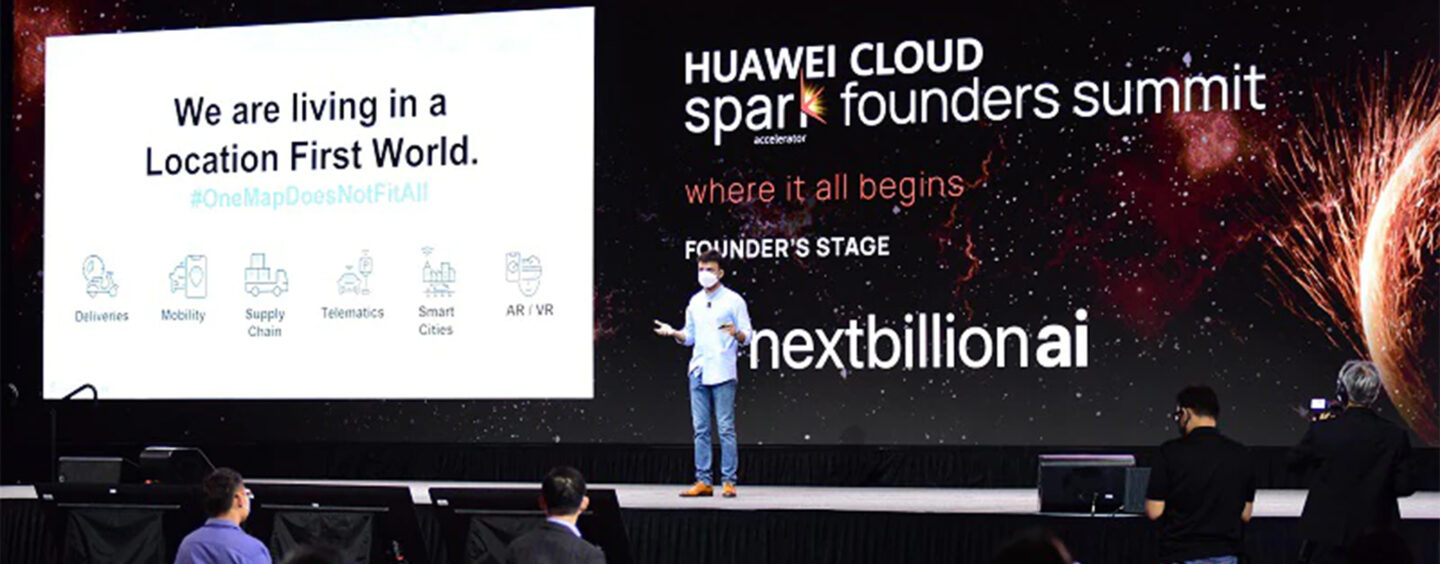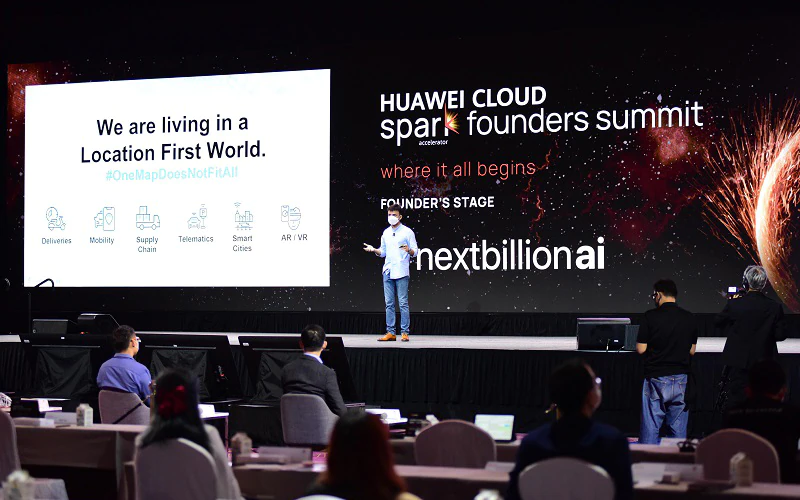
Huawei Eyes APAC Fintech, E-Commerce Startups with New US$100M Commitment
by Fintech News Hong Kong September 3, 2021Over the next three years, Huawei will be committing US$100 million into its Spark program in Asia Pacific (APAC), a startup program aimed at supporting young ventures in the fields of fintech, e-commerce, energy, manufacture and smart city. In particular, the firm said it’s eyeing those in four key emerging markets, namely Indonesia, the Philippines, Sri Lanka and Vietnam.
Huawei Spark is a hybrid accelerator program launched in 2020 for deep tech startups that have a business in APAC. It features two distinct programs: the Incubator Tier, a two-year program for seed to early-stage startups; and the Accelerator Tier, a six-month program for early-stage to late-stage startups growth. 40 startups have so far participated in the program.
During the Huawei Cloud Spark Founders Summit, the firm said that after an initial focus on startups in Singapore, Hong Kong, Malaysia and Thailand, it will now be targeting those in these four South and Southeast Asian developing nations. It aims to enroll a total of 1,000 startups into the accelerator program and shape 100 of them into scaleups.
The opportunity of financial inclusion
In Southeast Asia, half of the population is unbanked with no access to financial products, and a further 18% are underbanked, meaning that they lack access to anything other than a bank account, according to a 2020 Fitch Ratings report.
In Sri Lanka, where financial awareness is still low, the central bank launched in March 2021 the National Financial Inclusion Strategy. The strategy aims to boost access to financial services and is structured around four core pillars: increasing access to digital finance and payment, boosting access to finance for micro, small, and medium-sized enterprises (MSMEs), protecting financial consumers, and improving financial literacy among consumers.

Huawei Cloud Spark Founders Summit in Singapore, Source: Huawei
In these markets, the inaccessibility of the traditional banking system, coupled with the presence of a large population of young and digitally native consumers, are providing suppliers of digital financial services with the chance to step in and fill the gap, an opportunity Huawei is looking to tap into.
In June 2021, the firm formed an alliance with 25 partners including software developers, fintech companies and risk managers to create an ecosystem that offers a comprehensive digital finance offering ranging from technical architecture and operational support, to brand promotion.
Huawei, which already serves more than 2,000 financial institutions is over 60 countries and regions, said Southeast Asia, the Middle East, Latin America and Africa offered the biggest growth opportunities because in these regions, financial inclusiveness was still underdeveloped.
Also during the event, Huawei announced its Cloud-plus-Cloud Collaboration and Joint Innovation Program, through which it will support startups with US$40 million worth of resources. Half of that investment is coming from Huawei Cloud, and the remaining from Huawei Mobile Services (HMS).
Counting 4.5 million developers from over 170 nations, HMS claims to be the world’s third largest mobile app ecosystem.

Zhang Ping’an
“In 2021, our plan is to support 200 startups in the HMS ecosystem, and share our network of channel resources with developers worldwide who together serve 1 billion Huawei device users,”
said Zhang Ping’an, CEO of Huawei’s Cloud Business Unit.
“In addition, we will open an HMS Developer Innovation Center to support 100,000 HMS cloud-native developers”
in cooperation with 210 universities across APAC, he added.








